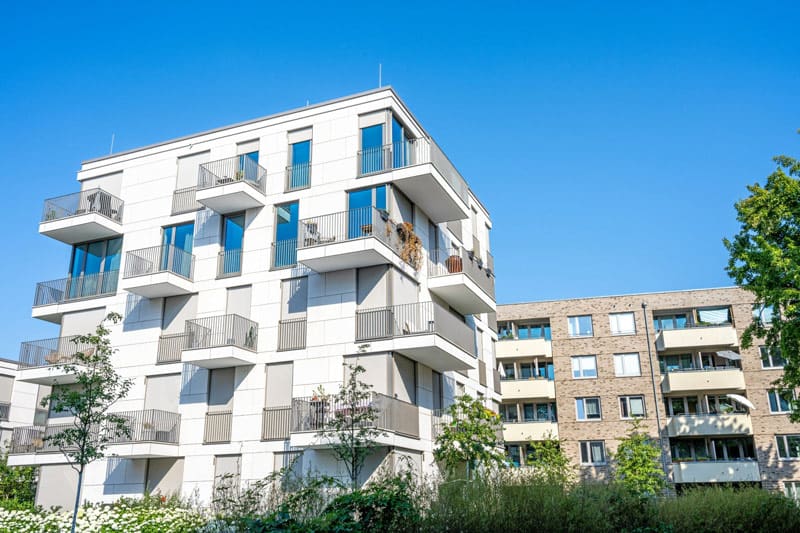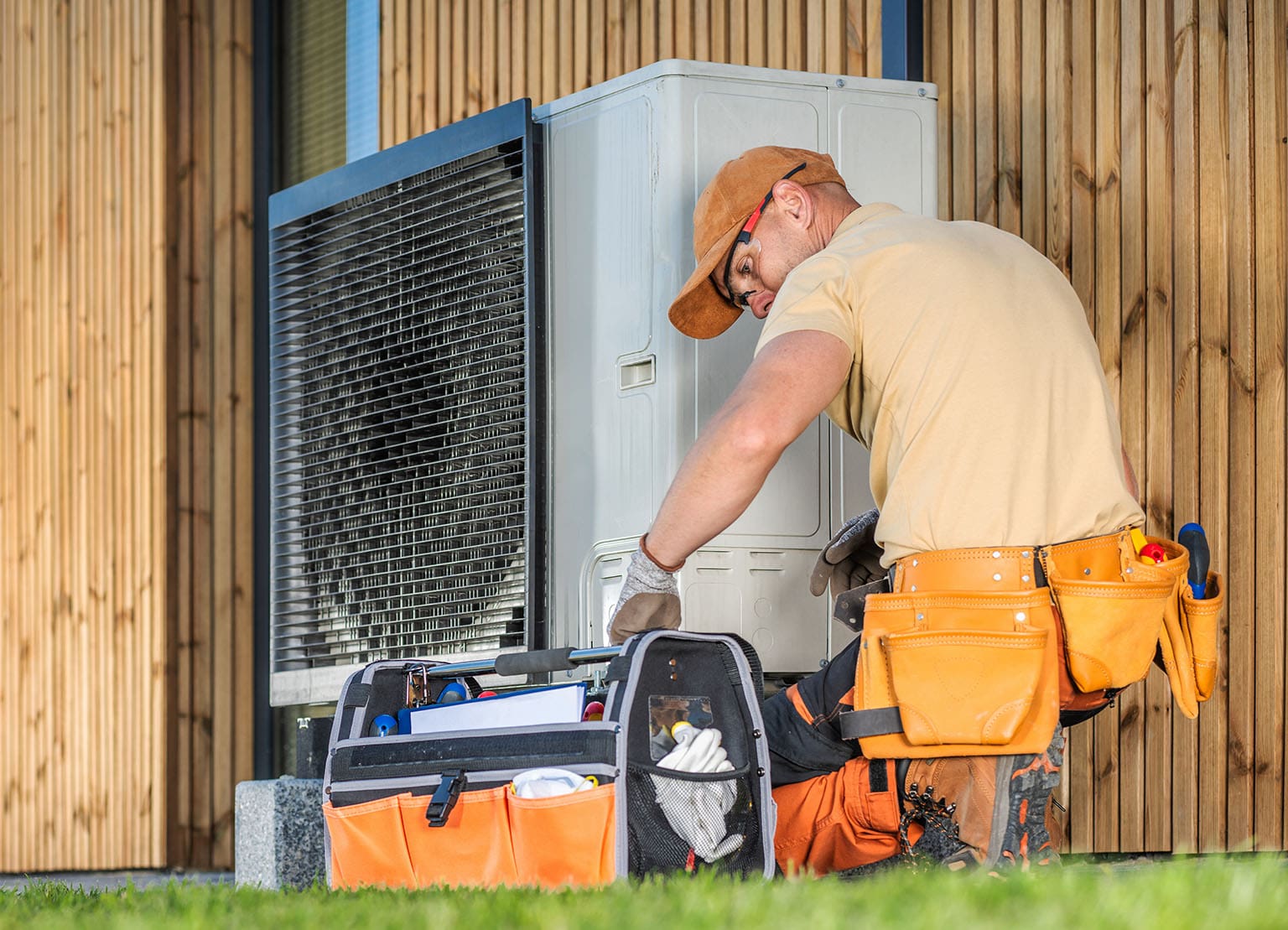Coverage for Different Type of Properties
From high-rise apartment buildings to co-ops and condominiums, multifamily property owners are faced with unique risks that require the proper insurance solutions to help mitigate and manage them. It is critical that owners and operators have a comprehensive insurance program in place to help protect their business from unexpected losses – enabling them the confidence to focus on managing and growing their property investments.
Multi-family insurance coverages to consider, include:
- Commercial General Liability
Commercial General Liability insurance is designed to protect your business against claims and lawsuits brought by third parties who are injured on your premises. Coverage includes defense costs, awards, and settlements associated with lawsuits, which is critical in today’s highly litigious environment. Additionally, owners should have controls in place with their vendors to maintain their own liability coverage, with strong contract language to facilitate the transfer of risk. Careful attention should be paid toward deductibles or Self-Insured Retentions (SIR) and nonstandard exclusions. - Commercial property insurance
Commercial Property Insurance is designed to cover losses to the buildings and the contents within that are caused by fire, sudden water damage, vandalism, windstorm, hail, and other forms of property damage, with covered perils varying based on the cause of loss form selected. Careful consideration of deductibles, policy valuation, Insurance to Value (ITV), Ordinance and Law, Debris Removal and other sublimits are all important points to consider – helping ensure your assets are adequately protected. In addition to the building structure, any belongings provided for tenant use and owned by the property owner, such as gym equipment, appliances, etc., will also need proper insurance coverage. - Business interruption/Loss of rental income and extra expense insurance
Business interruption insurance is designed to protect against loss of income resulting from a covered peril that disrupts the operation of your business. For example, an electrical fire can make the units unhabitable, and the investor will no longer make rental income while the tenants are displaced. Despite this business interruption, the building owner must still pay their mortgage and expenses. Business interruption insurance coverage applies to loss suffered during the time required to repair or replace the damaged property, with the option to extend to apply to loss suffered after completion of repairs for a specified number of days. Extra Expense coverage differs from business interruption insurance in that it specifically addresses the extra costs above and beyond normal operating expenses that are necessary to keep the business running while the property is being repaired or replaced, rather than replacing lost income. Owners and operators should review their financial statements yearly with their advisor to ensure they are properly covered. - Excess liability
Excess Liability insurance is designed to provide additional coverage beyond the limits of the primary liability policies to help protect an owner from catastrophic loss. It is especially important for multifamily property owners to hold this coverage, as the projects often present complex risks and resulting claims can quickly exceed primary policy limits. It helps protect owners and operators from large, unforeseen events or legal judgments that exceed their standard liability coverage. - Workers compensation
State laws often require a property owner to carry workers’ compensation coverage – be sure to check the laws in the state in which your property is located. Worker’s Compensation covers employees working at a community, generally including leasing agents and maintenance staff, who suffer work-related injuries. In circumstances where there are no direct employees, coverage should be provided by the property management company to cover their onsite staff. - Equipment breakdown insurance
Multifamily properties utilize various pieces of equipment that are typically not covered under property or other types of insurance, such as HVAC units, elevators, boilers, computers, pumps, and more. Equipment breakdown insurance is designed to cover for loss due to mechanical or electrical breakdown of nearly any type of equipment. Resulting business interruption and extra expense loss is often covered, as well. - Commercial auto
Commercial auto liability exposure is generally limited to hired and non-owned autos (HNOA), for those employees who are running errands or traveling on behalf of the business. If there are owned autos, broader coverage will need to be secured to help protect the interest of the business. - Additional coverages
Commercial policies for multi-family properties may exclude coverage for other perils, such as flood and earthquake. It is important to review the risk from a practical standpoint and discuss these coverages with your advisor.
Flood: Standard commercial property insurance policies exclude loss from flood. Flood coverage can be essential, especially when a property is in a flood zone designated as a Special Flood Hazard Area (SFHA) by FEMA. Depending on the risk, a supplemental policy may be required to cover the building in limits beyond those offered by the National Flood Insurance Program (NFIP) and to extend to loss of business interruption/loss of rental income.
Earthquake: Standard commercial property insurance policies exclude loss from earthquakes. Earthquake coverage can be essential, especially for a property in a high seismic risk area.
Premises pollution liability: Premises pollution liability protects from claims related specifically to pollution incidents that occur on or originate on the premises.
Every location has different risks, so it is important to review the potential hazards related to the building’s year built, construction type, foundation, location, local geography, and nearby hazards.
Understand what may affect cost of insurance
The pricing and eligibility of insurance policies depends on many underwriting factors, including property location, age and condition of the building, and safety measures in place. Multifamily property owners typically will pay higher insurance rates for properties in areas that are disaster-prone or experience high crime rates, and for those that are in poor condition, whether due to age or lack of proper maintenance. Those buildings that fare better with insurance rates typically include properties that have implemented loss control measures, such as alarm systems, sprinklers, water detection systems, security cameras, and more.
Partner with the right advisor
Having an advisor in your corner with long-standing experience and deep expertise in multifamily insurance will help ensure you understand the complete picture of your risk exposures and how to properly insure them to prevent coverage gaps or overlaps and protect your investments.
For more information
We’re ready to help when you are. Get in touch and one of our experienced Baldwin advisors will reach out to have a conversation about your business or individual needs and goals, then make a plan to map your path to the possible.
This document is intended for general information purposes only and should not be construed as advice or opinions on any specific facts or circumstances. The content of this document is made available on an “as is” basis, without warranty of any kind. The Baldwin Insurance Group Holdings, LLC (“The Baldwin Group”), its affiliates, and subsidiaries do not guarantee that this information is, or can be relied on for, compliance with any law or regulation, assurance against preventable losses, or freedom from legal liability. This publication is not intended to be legal, underwriting, or any other type of professional advice. The Baldwin Group does not guarantee any particular outcome and makes no commitment to update any information herein or remove any items that are no longer accurate or complete. Furthermore, The Baldwin Group does not assume any liability to any person or organization for loss or damage caused by or resulting from any reliance placed on that content. Persons requiring advice should always consult an independent adviser.






